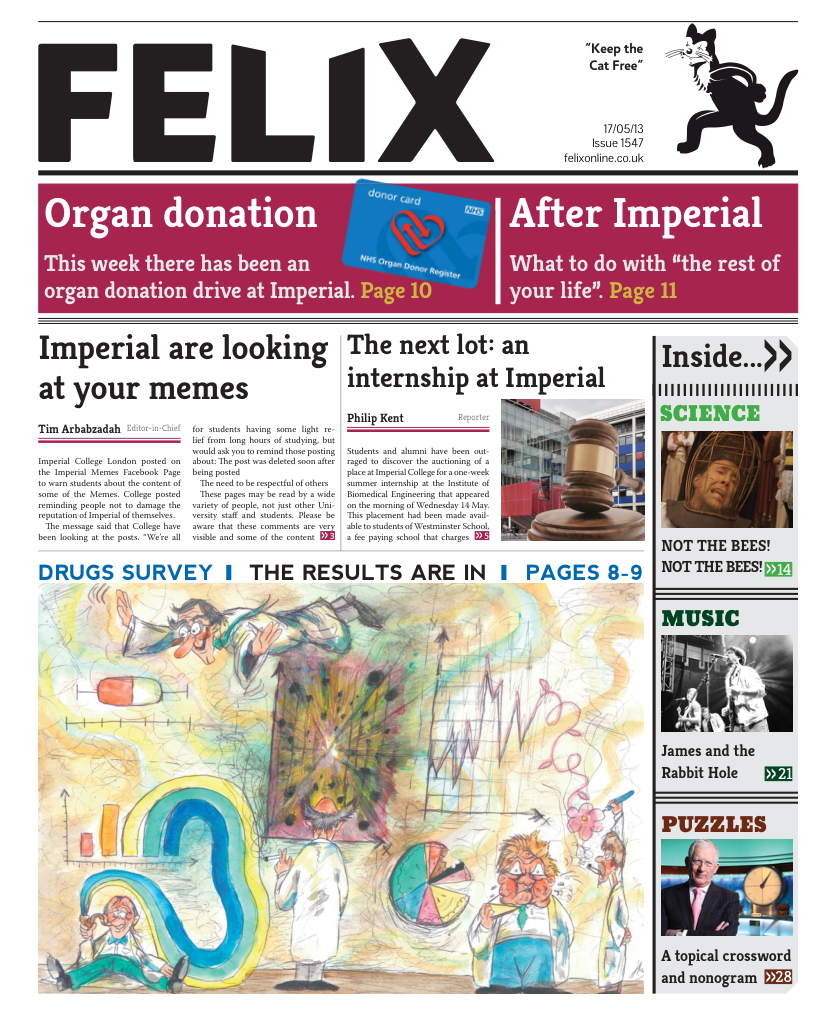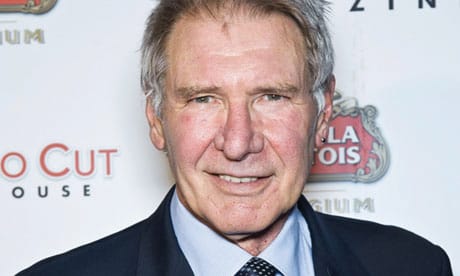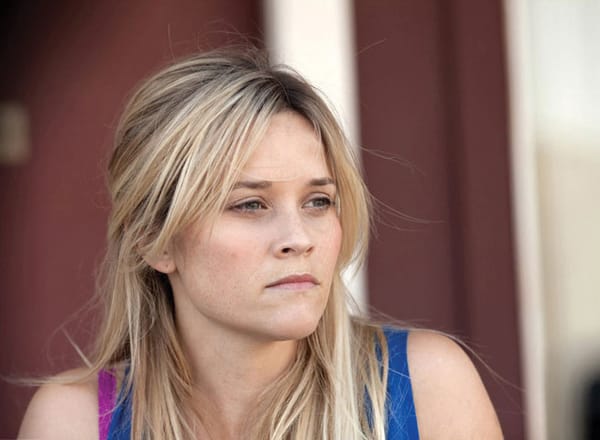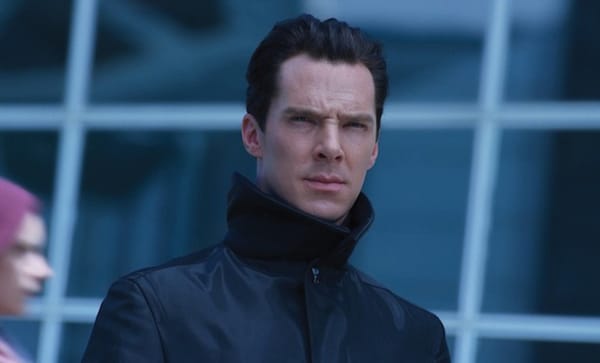The Reluctant Fundamentalist
Oh FIIIINE I'll be a fundamentalist then. Maybe more serious than this subtitle makes it seem.
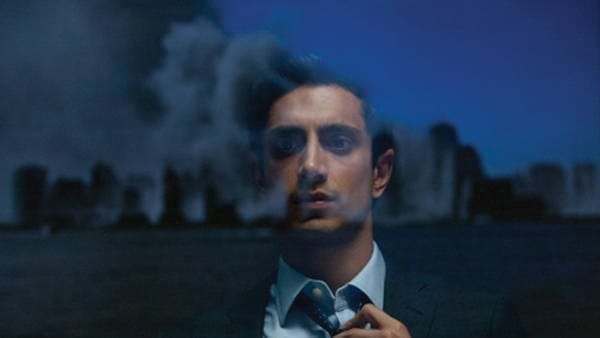
Adapted from the novel of the same name, this Mira Nair film which opened at the Venice Film Festival last year tells the story of Changez (Ahmed), an American educated Pakistani, whose political and religious loyalty we are continuously asked to question.
The film takes place in two time-space locations – in Pakistan present day, we have Changez the suspected fundamentalist-come-academic, who is embroiled in a negotiation with journalist Bobby (Schreiber) over the whereabouts of an abducted professor. Changez recounts his early adulthood to the journalist: most of the film consists of flashbacks.
Changez is a child of capitalism – he is educated in an Ivy League university and quickly lands a prestigious job on Wall Street. He’s living the high life – until the events of 9/11. Almost overnight, Changez, a Muslim, is met with suspicion and hate. He is strip-searched at the airport whilst his colleagues are let through customs with ease; erroneously arrested and stared at in the street. He soon quits his job to become an academic.
The film plots Changez’s switch of allegiance from capitalism to militancy really well – we see his character morph imperceptibly during the flashback scenes into the character we see in the present day. The suggestion that both capitalism and militancy are a type of fundamentalism is a little heavy handed – I don’t think the film had quite enough scope in order to deal with such complicated issues coherently. I think the moral aspect to the film (we shouldn’t judge a book by its cover) was also a little laboured and simplistic – and possibly a bit patronising to a modern audience. That said the film is extremely compelling, and has some fantastic performances. The cafe scenes with the journalist and Changez in the present are intelligent and ramp up the tension, despite the lack of action.
The love story that develops between Changez and Erica (Hudson) is adorable, and helps to break up the wordy action-less scenes we see in the present day Pakistan sequences. Ahmed is hugely convincing throughout the film, and his delivery is sensitive and subtle, and provokes a lot of questions about the nature of the immigrant identity. Hudson is endearing but less convincing – her character seems more of a plot device than anything else.
At the end, we are left uncertain of Changez’s involvement in ‘fundamentalism’ and how reluctant he really is. This is probably a good thing – anything more concrete would have been trite and unrealistic. Plus it isn’t important – the concluding scenes of the film are stunning, and will stay with you long after you finish watching.

